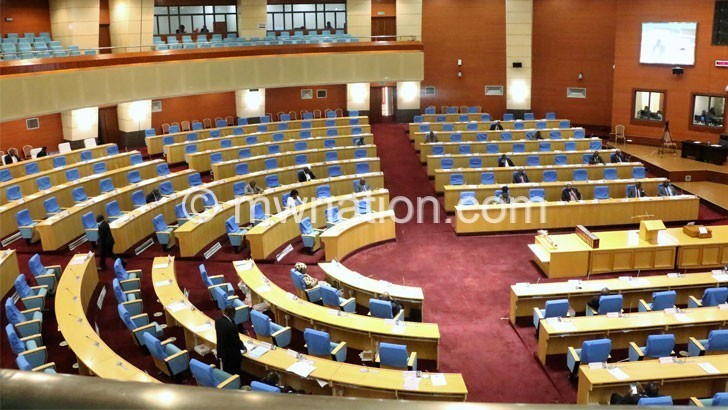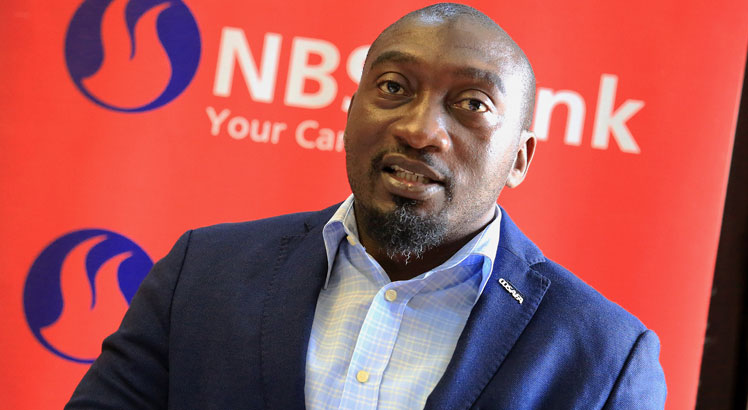Speaker moves to punish MPs
Speaker of Parliament Richard Msowoya has cracked the whip on truant legislators who absent themselves from National Assembly business, saying they risk having their K80 000 daily allowance deducted.
In an interview yesterday, the Speaker said the move seeks to bring sanity and make members of Parliament (MPs) take parliamentary business seriously.
He said the deductions would be made in arrears as the payment system cannot allow Parliament Secretariat to deduct while the legislators are meeting.

Said the Speaker: “I remember telling the members that we will be deducting allowances if they absent themselves for the deliberations.
“I know people have received allowances in the past sitting, but never showed up. We will deduct the allowances now because we know who came and who did not. It will not be the first time doing it, we have done that before.”
During the November 19 to December 14 meeting, absenteeism among legislators was the order of the day during the four weeks.
Due to the absenteeism, most business requiring the legislators to tackle suffered.
In summary, a probable 80 legislators consistently attended the deliberations in the 193-member House.
The Speaker said the decision was a resolution of the Business Committee, which he chairs and comprises leaders of parties represented in the National Assembly.
He said the committee granted the powers to deduct the allowances to the Parliament Secretariat through the Speaker.
MPs get their allowances in advance. He said the actual amount varies as it includes fuel refunds from their respective constituencies to Parliament while the uniform allowance payment is the daily allowance pegged at K80 000.
In a Political Economy Analysis (PEA) of the Malawi Parliament: Determinants of Performance and Prospects for Improved Effectiveness Report by Henry Chingaipe, Austin Zvoma and Roosevelt Gondwe, it was established that unless there is a change in how MPs attach their levels of importance to their core functions, things would not improve.
The report identified determinants of performance across four functional areas, namely oversight, legislative, representative and administrative support and provides an analysis of parliamentary dynamics on the gender agenda.
Reads the report of the study in part: “This result suggests that the demands of the job are not fully understood and that underperformance in some cases is attributable to insufficient understanding of the roles and tasks of Parliament and its structures in the various functional domains.”
The PEA of the Malawi Parliament was commissioned in 2016 on the basis of observed general underperformance of the Parliament and corresponding public dissatisfaction and disapproval of levels of performance.
Several consecutive scientific public surveys conducted by Afrobarometer showed that the proportion of Malawians that disapprove of Parliament’s performance increased from 46 percent in 2005 to 62 percent in 2008 and 64 percent in 2014.
According to the report, MPs attach different levels of importance to their core functions with the law-making function ranking highest (46.9 percent) followed by oversight (34.4 percent).
However, while Parliament is often described as a House of representatives in common parlance, the representation role ranked last among local legislators with only 15.6 percent rating it as the most important function.
The report also observed that question time for the President was effectively scrapped off due to unwillingness of presidents to take questions in Parliament. Of the four multiparty presidents since 1994—Bakili Muluzi, the late Bingu wa Mutharika, Joyce Banda and incumbent Peter Mutharika—only Muluzi appeared in Parliament as per the constitutional provision to answer questions.





